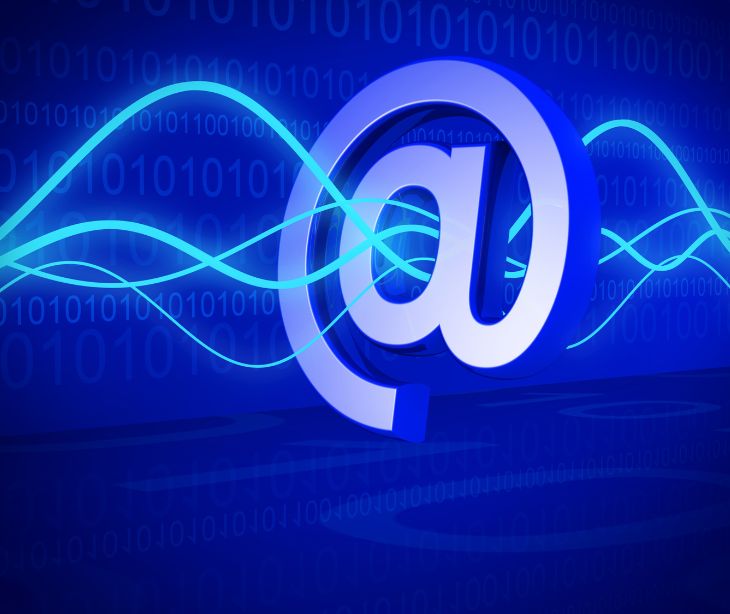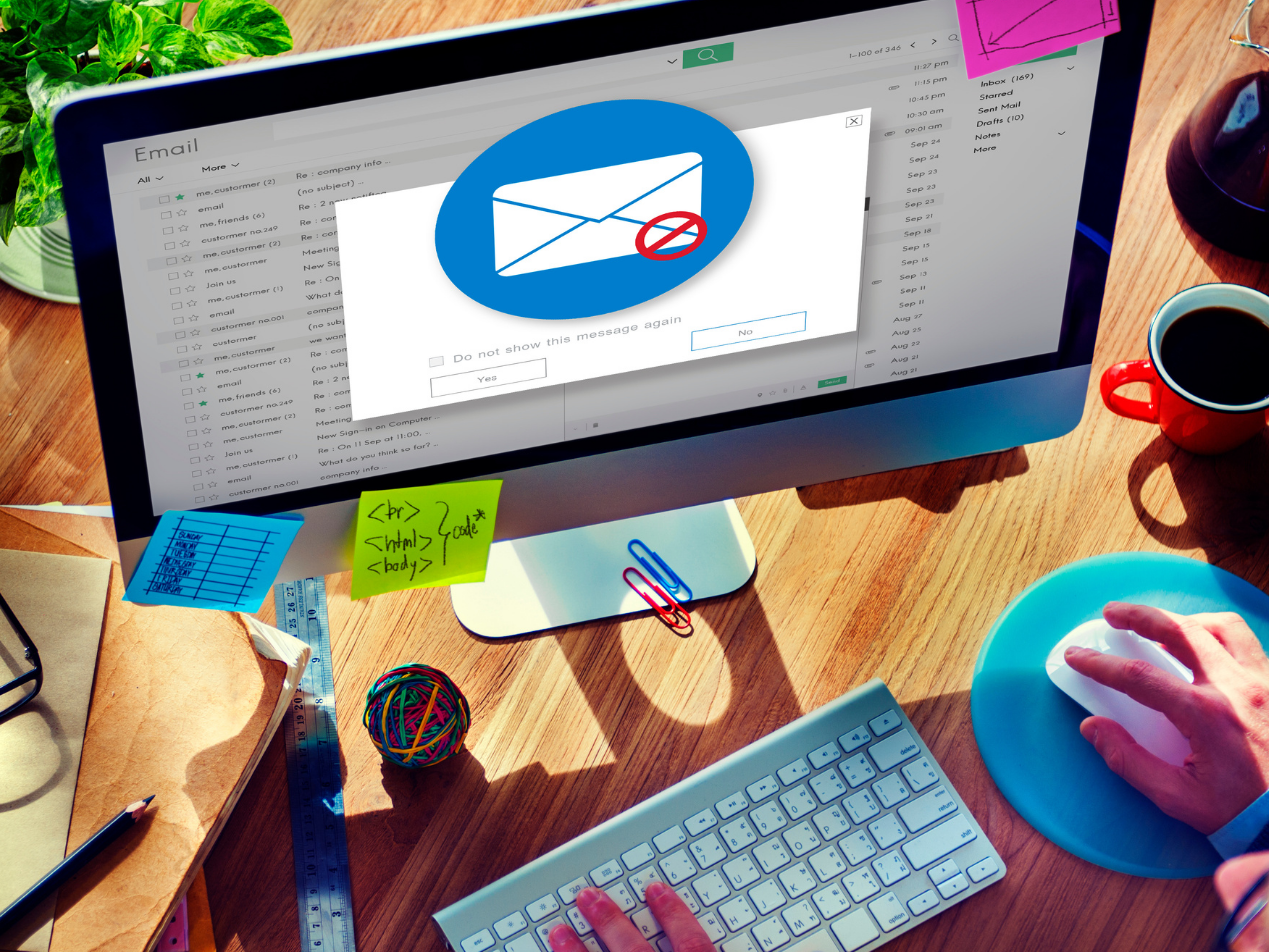
An email filter is a tool used to organize, sort, or manage incoming emails based on specific criteria. Filters are designed to automatically process incoming emails and perform actions like sorting them into folders, marking them as important, forwarding them to other addresses, or deleting them based on predefined rules.
How do email filters work?
Email filters work based on predefined rules or criteria set by the user. These rules are established within the email service or client and dictate how incoming emails should be handled. Here's a general idea of how email filters work:
- Rule creation: Users define rules or conditions that incoming emails must meet to trigger an action. This could include criteria like the sender's email address, specific keywords in the subject line or body, recipients, attachments, etc.
- Filter matching: When an email arrives, the service or client checks it against these predefined rules. If the email meets the criteria specified in any of the rules, the filter takes action according to the instructions set by the user.
- Action execution: Once a filter finds a match, it executes the specified action. Actions can include moving the email to a specific folder, marking it as important, forwarding it to another email address, deleting it, applying a label, or assigning it a certain priority.
- Continuous monitoring: Email filters continuously monitor incoming emails. As new emails arrive, they are checked against the defined rules, and actions are taken accordingly.
- User modification: Users can modify or create new rules at any time to better suit their needs or to accommodate changes in their email habits.
Related: HIPAA Compliant Email: The Definitive Guide
Advantages of email filters in healthcare
Email filters in healthcare offer several advantages:
- HIPAA compliance: Healthcare providers must comply with HIPAA regulations, which include safeguarding patient information. Email filters can help sort and identify sensitive patient data, ensuring that only authorized personnel have access to it.
- Efficient information management: Filters can organize incoming emails by priority, department, or specific criteria. This aids in managing a large volume of emails efficiently, allowing healthcare professionals to focus on critical patient care.
- Security enhancement: Email filters can detect and filter out spam, phishing attempts, and malicious emails containing malware. This helps protect sensitive patient data and healthcare systems from cybersecurity threats.
- Patient privacy protection: Filters can automatically flag or route emails containing personal health information (PHI) or sensitive data to designated secure folders or personnel, reducing the risk of accidental disclosure.
- Workflow streamlining: By automatically categorizing and routing emails, filters can streamline workflows within healthcare organizations. For instance, appointment-related emails could be directed to scheduling departments, while queries about patient records could be routed to the appropriate staff.
- Customization and control: Users can customize filters based on specific needs and continually refine them, allowing for greater control over email management and information flow.
See also: What is cybersecurity in healthcare?
Subscribe to Paubox Weekly
Every Friday we bring you the most important news from Paubox. Our aim is to make you smarter, faster.




